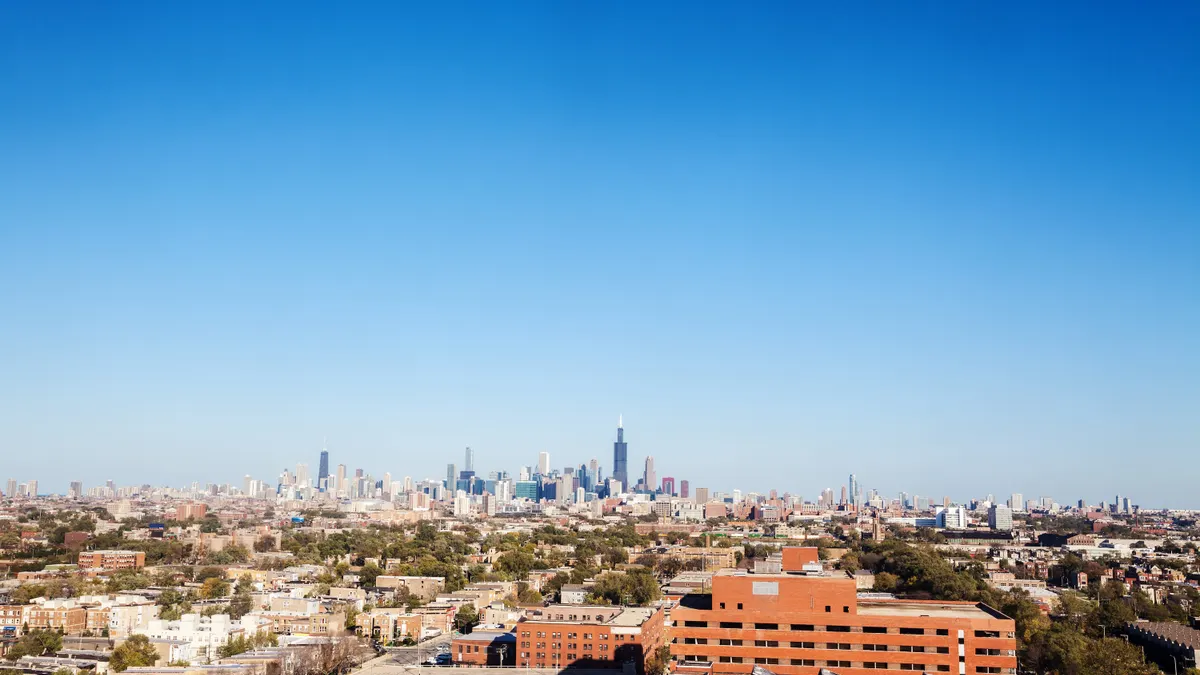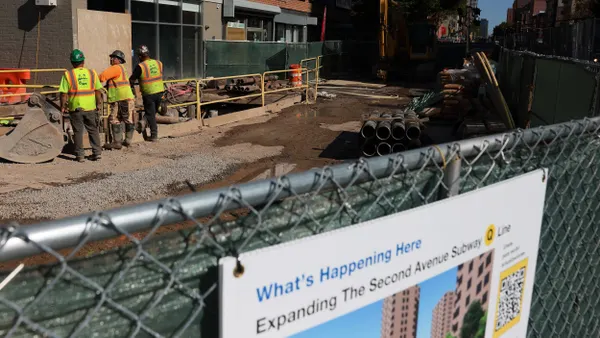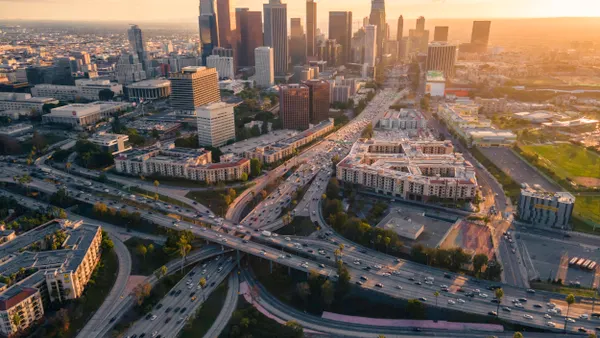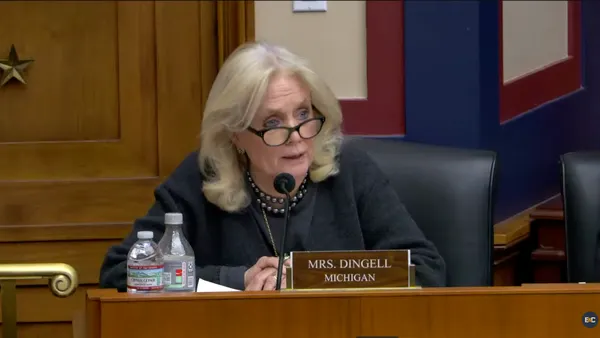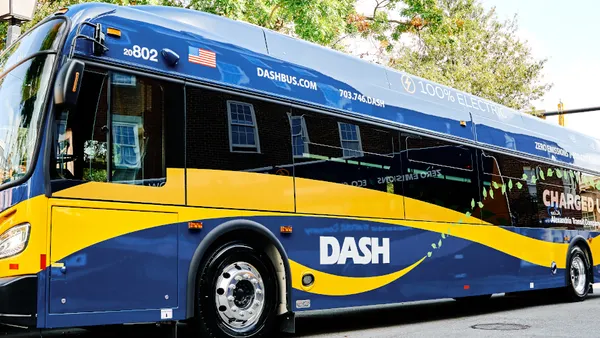Dive Brief:
- The New York City Taxi and Limousine Commission has released a report calling for a minimum wage for ride-share drivers. It indicates that 85% of the city's ride-share drivers make less than $17.22 an hour, which is the group's proposed pay standard. Because the drivers are considered independent contractors and have different pay and tax structures than regular employees, including no paid time off, the proposed standard is the equivalent of a regular full-time worker earning $15 an hour.
- If the pay hike goes through, it would increase drivers' net earnings by 22.5%, or more than $6,300, each year.
- The taxi commission has not yet formally proposed the pay increase, it has only released the report suggesting it. Any increase would need approval from New York City Council.
Dive Insight:
New York's minimum wage increases to $15 an hour at the end of this year, and the suggested app-based driver wage increase aims to keep up with that standard. The New York Taxi Workers Alliance criticized the study's call for a minimum wage because it doesn't tie drivers' pay to riders' fares, which would boost workers' income as ride-share companies' revenue increases.
Offering a base pay rate, instead of increasing a base fare, presents challenges because of the way the ride-share model works, in which each trip is dynamic and each driver essentially sets their own schedule instead of working a standard 9-to-5 day. Ride-share companies often tout themselves as a way for people to make extra money as a side business, but the taxi commission contends 60% of New York's ride-share employees work that job full time.
The report notes a large proportion of New York's ride-share drivers do not make a living wage, and drivers have been vocal about their wages dropping since Uber first emerged in the city in 2012. But others point out drivers are struggling because the market quickly became saturated with people interested in capitalizing on the service, meaning each individual driver's number of trips would drop because the number of customers has remained relatively the same.
Uber supports a living wage, but expressed concern that a minimum wage would hurt both drivers and riders because it would force higher fares for customers and would lead to a drop in ridership. Lyft says its drivers make more than what the report suggests and echoed Uber's concerns about a minimum wage hike.
New York is not the first city to examine ride-share drivers' wages. Seattle looked at setting a minimum base fare to ensure drivers receive fair compensation, and San Francisco subpoenaed Uber and Lyft for driver pay and benefits information. App-based ride-share services have sustained criticism and found themselves in the midst of multiple controversies regarding claims of underpaying drivers.
Discussion about a minimum wage frequently comes back to the drivers' status as independent contractors who do not receive benefits or paid time off. This is an interesting argument to focus on, considering more of the nation's workforce is turning toward the gig economy, or employment as independent contractors who do not work full-time for one company or receive benefits and paid time off. If this minimum wage discussion leads to a formal proposal that eventually gets passed, it could hold implications for other sectors of the economy that heavily rely on independent contractors.




